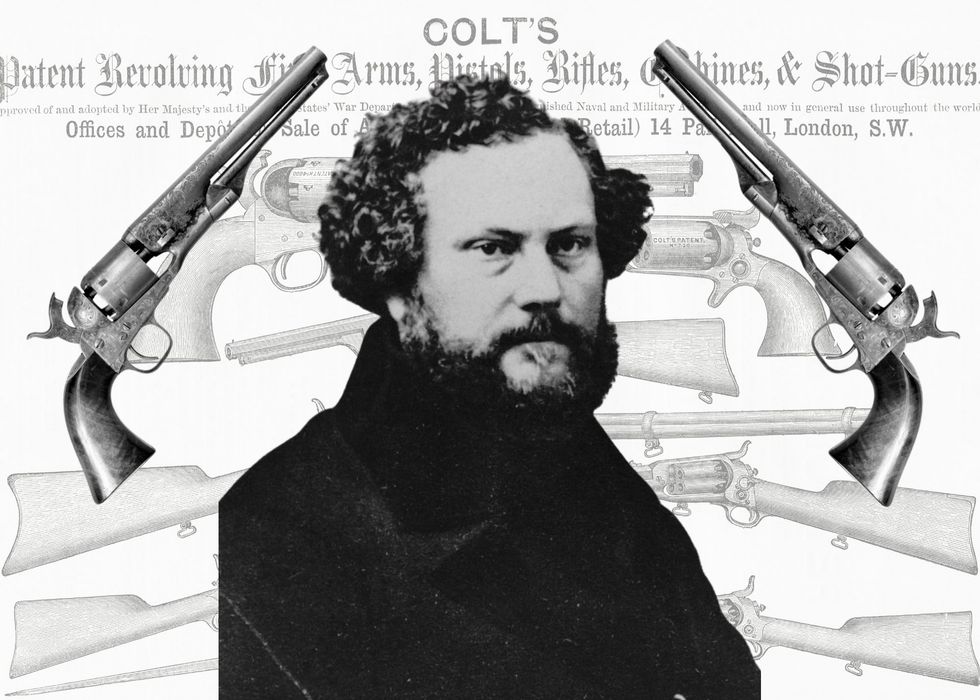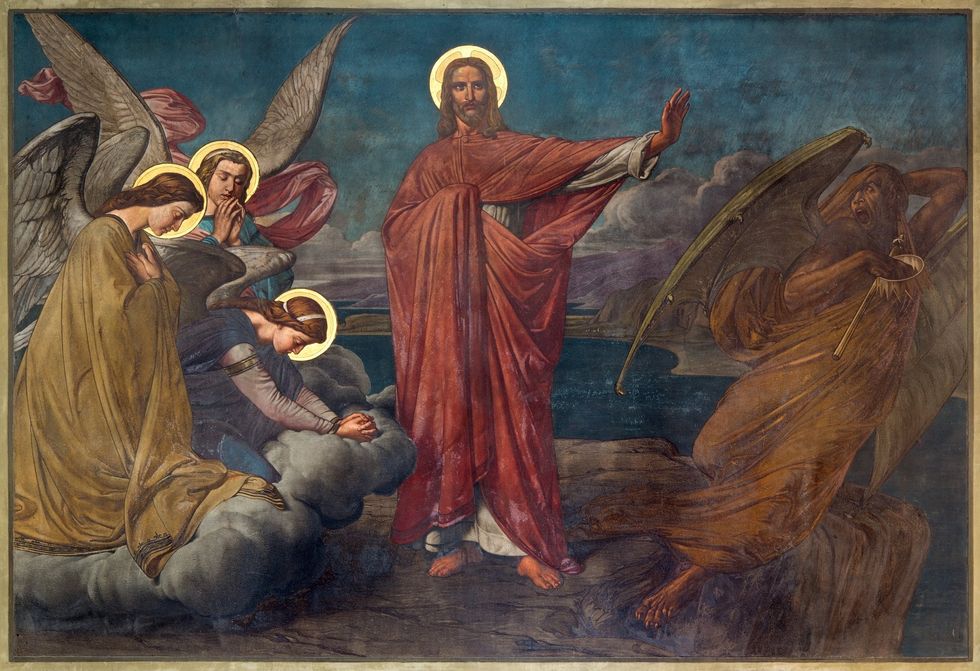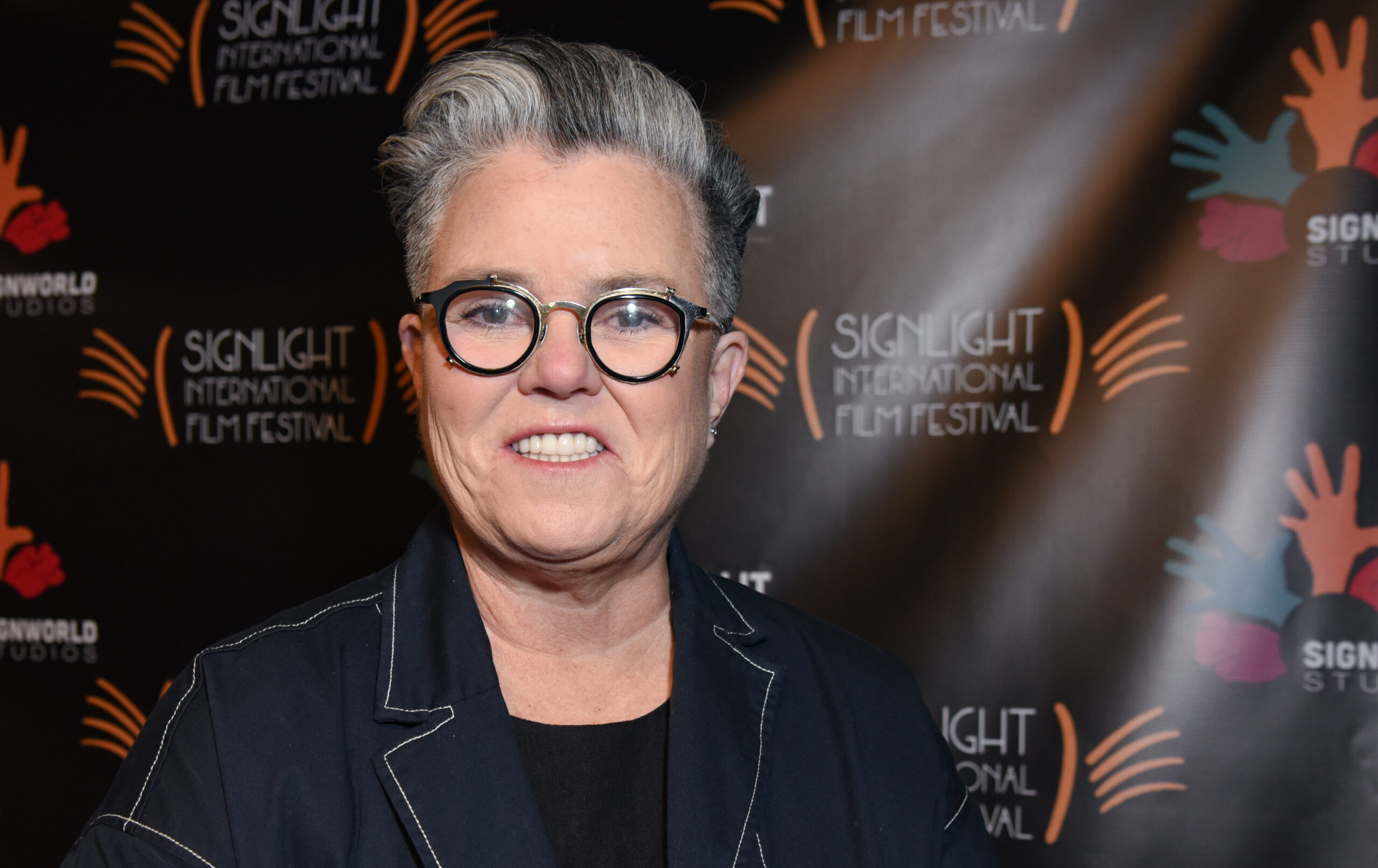Election stakes are off the charts
'By Nov. 5, vote as if your liberty depends on it, because it does'


A lot of people believe that the vote in November will be the most important Election Day in our lifetimes.
I concur. The stakes are off the charts in this one.
Despite Democratic nominee Kamala Harris’ “New Way Forward” slogan, the incumbent vice president’s elevation to the Oval Office would guarantee a continuing spiral toward collectivism, American decline, economic stagnation, attacks on religious liberty and free speech, the Second Amendment, and a future one-party election system fueled by millions of illegal immigrants.
The other choice is a proven leader with an outsized ego who rides the election wave like a show-off surfer and who ticks off a lot of people – on purpose.
Former President Donald Trump has already shown how to secure America’s border, seat Constitution-minded judges, create American energy independence and bring inflation down under 2%.
Despite Democrats’ painting him as a “threat to democracy,” a projection of their own ambitions, Mr. Trump in his first term reduced federal regulations and freed up market forces, especially in the energy sector. His Supreme Court and appellate judges have reversed decades of leftist judicial activism that had expanded state power.
Elections should never be this important. There are more compelling things in life, such as faith, family, friends, community, career, and various pursuits. Under limited government outlined in the Constitution, we should be able to go about life without worrying that undue power will be wielded against us and our children and grandchildren.
In “Mere Christianity,” C.S. Lewis wrote during the 1940s: “It is easy to think the State has a lot of different objects – military, political, economic, and what not. But in a way things are much simpler than that. The State exists simply to promote and to protect the ordinary happiness of human beings in this life.
“A husband and wife chatting over a fire, a couple of friends having a game of darts in a pub, a man reading a book in his own room or digging in his own garden – that is what the State is there for.”
As Lewis was writing this, Germany’s Nazi regime had conquered most of Europe, unleashing the Holocaust against Jews and waging a war that took millions of lives on both sides.
Years earlier, in 1932, German voters had given the National Socialist German Workers (Nazi) Party the highest total of votes. German President Paul von Hindenburg appointed Adolf Hitler as chancellor of Germany on Jan. 30, 1933. The Nazi leader quickly consolidated power.
In 1912, Teddy Roosevelt’s run on the Bull Moose ticket split the Republican vote and allowed progressive Democrat Woodrow Wilson to become president. In short order, Americans got handed the federal income tax, a weakening of states’ power via direct popular election of U.S. senators and other progressive “reforms.”
Running for re-election in 1916 on the slogan “He kept us out of war,” Wilson plunged America six months later into the madness of Europe’s World War I, in which more than 110,000 U.S. soldiers, sailors and airmen lost their lives.
Democrat President Franklin D. Roosevelt, elected in 1932 during the Great Depression, which his policies arguably lengthened, exponentially expanded Wilson’s vision into the modern welfare state. He changed forever the relationship between the states and the federal government and between the American people and their government.
On Oct. 21, in a speech at Akron University two weeks before the 1964 election, Democrat President Lyndon B. Johnson said of Vietnam, “We are not about to send American boys nine or ten thousand miles away from home to do what Asian boys ought to be doing for themselves.” But he did.
In 1973, after 58,000 Americans had died in Southeast Asia, Republican President Richard Nixon ended America’s troop involvement. Ignoring North Vietnam’s breaking of the peace treaty, congressional Democrats cut off aid to the South Vietnamese army, and Saigon fell to the communists in 1975.
Since 2009, Democrats have used the Justice Department, the FBI, the IRS and other federal agencies to punish political opponents. This includes unprecedented lawfare against Mr. Trump since 2015.
The Harris/Walz campaign talks of more and more government, with no apparent limits.
Under the Obama/Biden and Biden/Harris administrations, federal agencies have violated the First Amendment by pressuring search engines and social media to block views they don’t like.
The current administration fired people, including hundreds in the armed forces, for declining to take an experimental vaccine that’s not really a vaccine, all the while enforcing a coverup of the drug’s adverse effects on hundreds of thousands of people.
Harris/Walz even support allowing school officials and others to take children to sterilize and mutilate them or to perform abortions on them in defiance of parents’ wishes.
Elections are far more important than they should be because government now intrudes into every area of our lives.
Another columnist, whom I esteem but disagree with on this, recently wrote, “It is impossible to get too agitated about any specific election. If the health of the republic depended on this election – or any single election – it would already be dead. The system is specifically designed to survive idiocy and incompetence in our public officials.”
Yes, but what about malicious intent, backed by a growing federal behemoth?
By Nov. 5, vote as if your liberty depends on it, because it does.
This column was first published at the Washington Times.
Originally Published at Daily Wire, World Net Daily, or The Blaze
What's Your Reaction?


















![‘[Bleeping] insanity’: Watch Joe Rogan unload on Biden, Zelensky, and Deep State as fears of World War lll grow](https://www.wnd.com/wp-content/uploads/2024/11/joe-rogan-20241122-jpg.jpg)













































































